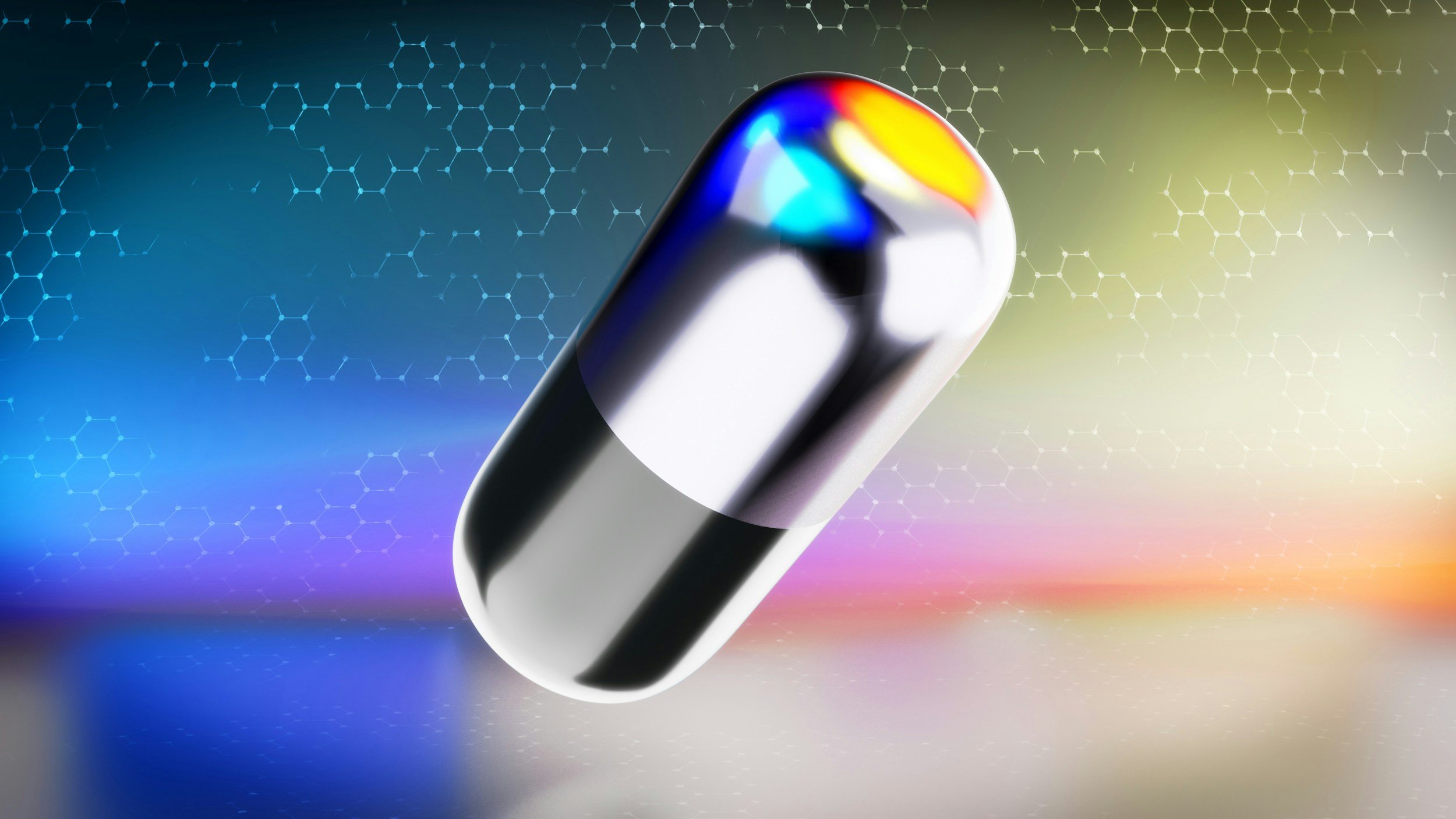Does Microdosing Psychedelics Improve Focus and Concentration?
Microdosing of psychedelics like psilocybin and ketamine is gaining attention for its potential to enhance focus, attention, and motivation, particularly in individuals with mental health conditions such as depression and ADHD.
A recent study on rats demonstrated that low doses of psilocybin and ketamine significantly improved attention and motivation in animals that previously underperformed in tasks, suggesting promising therapeutic properties for cognitive deficits in humans.
Microdosing and Its Potential for ADHD Treatment
ADHD is often characterized by difficulties in executive functioning, focus, attention, and impulsivity. Current treatments largely involve stimulant medications and behavior modifications, which may not work for everyone or are inaccessible to some.
This has led to increased interest in alternatives like microdosing, where the use of substances like psilocybin and ketamine may help improve attention and cognitive function without the traditional side effects associated with stimulants.
In the animal study, low doses of psilocybin and ketamine improved the motivation and focus of poorly performing rats. This suggests that these substances may enhance brain plasticity—the brain’s ability to adapt and form new neural connections (which we have seen repeatedly in studies on ketamine). In humans, this could translate to better cognitive function, especially in conditions like ADHD, where attention and focus are often impaired.
Ketamine has gained recognition for its rapid-acting antidepressant effects, but it also plays a role in memory and cognitive function. Ketamine promotes neuroplasticity, which is the brain's ability to reorganize and create new neural pathways, particularly in areas of the brain related to memory and attention, like the hippocampus. This mechanism is why ketamine infusion therapy has shown promise for improving not only mood disorders but also cognitive symptoms, such as poor attention and memory deficits and may offer new hope for individuals with ADHD, PTSD, and other cognitive disorders. By enhancing neuroplasticity, low-dose ketamine and psilocybin could improve attention, focus, and motivation without the downsides associated with traditional medications. Clinics are beginning to integrate these therapies into comprehensive treatment plans, allowing patients to experience the potential cognitive and mood benefits in a safe, controlled environment. Microdosing ketamine is both legal (under appropriate medical supervision) and is often a very safe option for those taking a variety of medications or who tend to have side effects with higher doses of ketamine or other medications. At Áureo, our providers work with a full spectrum of ketamine treatment options and create an individualized treatment plan to optimize the patient’s health and treatment benefit.
As interest grows, more clincis may adopt these innovative therapies. It's crucial to approach these treatments with caution, as the long-term effects of microdosing ketamine and psilocybin are still being studied. However, early research is promising, and the controlled use of these substances in medical settings offers a new path forward for those struggling with cognitive challenges.
If you are interested in learning more about potential ketamine treatment or microdosing with any psychedelic medicine, you can reach out with question or for scheduling to: aureo.office@gmail.com.
References
Morgan CJ, Curran HV. Ketamine use: a review. Addiction. 2012;107(1):27-38.
Carhart-Harris RL, Bolstridge M, Day CM, et al. Psilocybin with psychological support for treatment-resistant depression: six-month follow-up. Psychopharmacology. 2018;235(2):399-408.
Dore J, Turnipseed B, Dwyer S, et al. Ketamine therapy for depression in real-world care: Treatment outcomes, dosing, and safety. J Affect Disord. 2019;247:56-61.
Schak KM, Vande Voort JL, Johnson EK, et al. Potential risks of poorly monitored ketamine use in depression treatment. Lancet Psychiatry. 2016;3(7):662-663.
Nichols DE. Psychedelics. Pharmacol Rev. 2016;68(2):264-355.
Written by Dr. Lindsay Wilkinson ND, LAc
Dr. Lindsay Wilkinson, ND, is a compassionate naturopathic doctor dedicated to empowering her patients to achieve optimal health and well-being. With a focus on integrative medicine, she combines evidence-based treatments with holistic approaches to address a wide range of health concerns. Dr. Wilkinson's passion lies in guiding her patients toward balanced wellness through personalized care and support.



